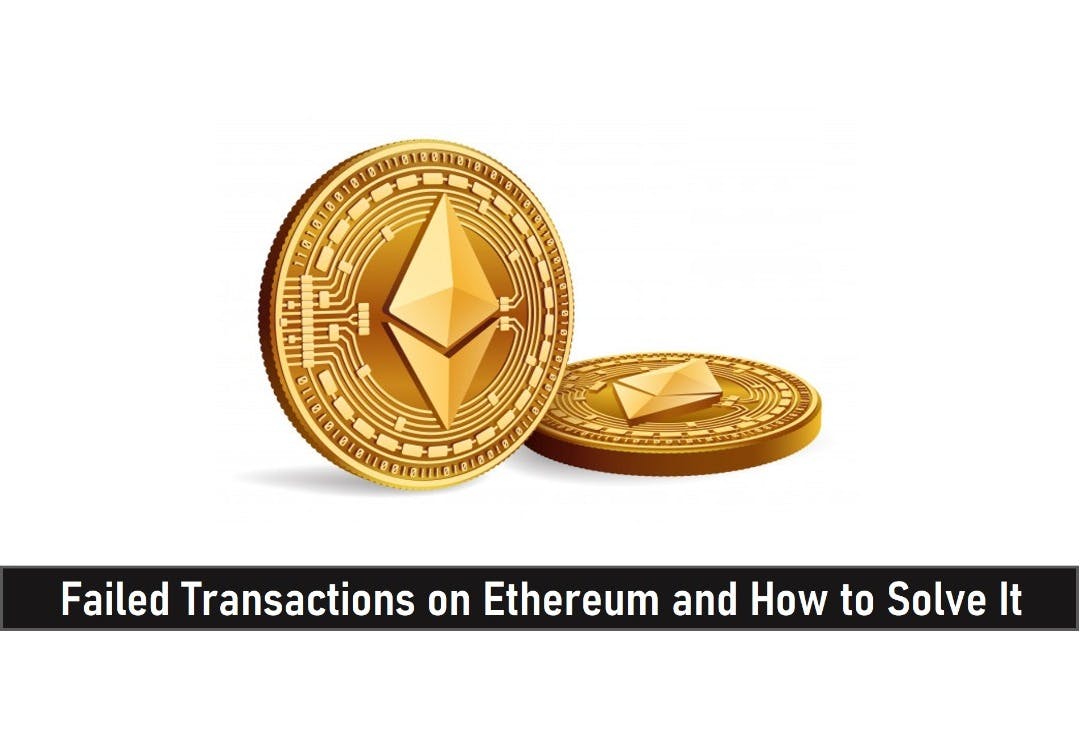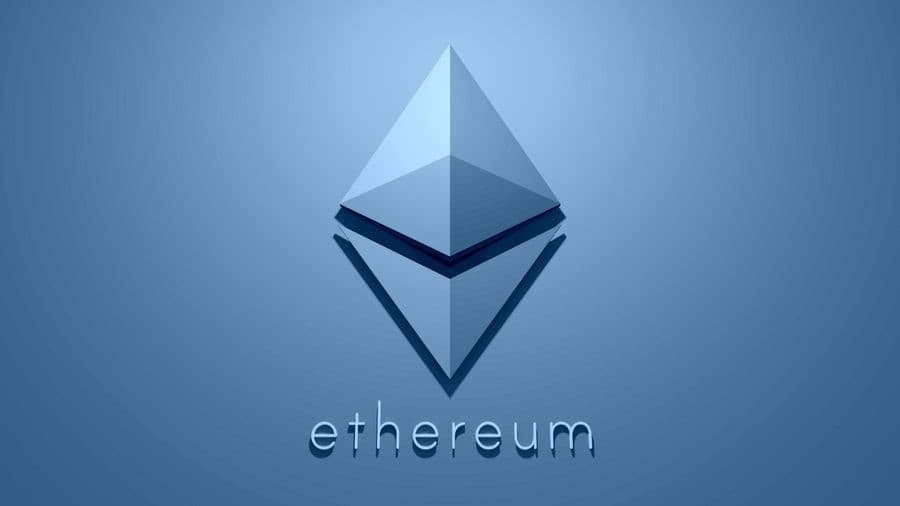
Failed Transactions on Ethereum and How to solve it
What is a Failed Transaction?
Failed transactions on Ethereum happens when there is insufficient gas to pay for a transaction or when a smart contract rejects a transaction. an example could be an Ethereum smart contract rejecting a transaction.
The transaction fee you pay on the Ethereum network is called “gas” (gas is a small amount of ETH paid for Ethereum transactions measured in units of ETH called GWEI).
Key Takeaways
• If you are getting failed transactions, you need to add more gas by customizing gas before you start the transaction as you can also “speed up” a transaction by paying more later, for example, clicking “speed up” in MetaMask.
• If an approval or a simple transaction fails, it is probably a gas issue. If your transaction failed on UniSwap or another Decentralized Exchange during a trade, it’s probably a slippage issue.
• You are still charged for failed transactions because miners need to confirm transactions to the chain whether they succeed or fail. So, you are paying for that regardless of whether your transaction goes through.
SEE ALSO: How to Mine Ethereum and Earn Better than Bitcoin
SEE ALSO: 5 Best Ethereum Wallets for Safe trading and Storage
The Two Main reasons For Ethereum Failed Transactions
1. Slippage
2. Not Adding Enough Gas
If an approval or simple transaction failed, it is probably a gas issue. If your transaction failed on UniSwap or another Decentralized Exchange during a trade, it’s probably a slippage issue.
If you are getting failed transactions, you either need to add more gas by customizing gas before you start the transaction (you can also “speed up” a transaction by paying more later, for example, click “speed up” in MetaMask) and/or, if you are trading on a Decentralized Exchange, you need to increase slippage (done in settings on Decentralized Exchanges like Uniswap, SuhiSwap, etc.).
A slippage of at least 3% (but as high as 15% for illiquid pairs) and ‘fast gas’ or custom gas if using MetaMask (or the equivalent if not; check current gas prices to see how much gas is needed right now) should be good.
Not Paying Enough Gas
Transactions failing because you didn’t pay enough for the transaction is easy to avoid in most situations. You avoid this by making sure you pay high enough gas fees upfront. In MetaMask, for example, you typically just have to stick with “normal” or “fast,” and this is going to be enough to account for any changes in gas prices.
However, you can also check current gas prices and put in a custom gas amount (this can be smart if gas prices are rapidly increasing). For a single transaction or a batch of simple transactions like when you open a Maker Vault, this is basically all you need to know. Rarely if ever, will you have a basic transaction fail (instead, the worst case is you’ll have a slow transaction here or there which you can speed up by adding more gas).
The Solution
Try paying more gas upfront or adding more gas to the current transaction to speed it up.
Having a Transaction Rejected on a Decentralized Exchange
Failed transactions are more likely on “AMM” Decentralized exchanges like Uniswap or 1Inch. You are executing multiple transactions at once, and the contract rejects the transaction. Sometimes this is a gas issue, but usually, it is a slippage issue (there wasn’t enough liquidity to fill you at the quoted price, so the exchange rejected your transaction).
SEE ALSO: Top 8 Cryptocurrency Exchanges that do not require KYC
The Solution
Adjust slippage tolerance upwards (you may need to go into advanced settings depending on the platform; at least 3%).
Toggle expert mode on and increase slippage tolerance (max slippage) to 3% – 5% (or higher for illiquid pairs) to avoid failed transactions due to slippage (be careful though, you could end up getting a very different price than you intended if you aren’t careful with this).
In other words, implying a gas or slippage problem due to failed transaction.
If you are on Uniswap or another Decentralized Exchange, you probably need to adjust slippage tolerance and not gas. If you are doing a single transaction, you probably have to adjust gas.
If you can adjust both, and especially if prices and gas fees are going wild, you may consider adjusting both gas and slippage to avoid failed transactions.
Failed transactions are most likely to occur during periods of volatility, and each transaction that fails will cost (sometimes a lot).
So if one transaction fails, slow down, refresh prices, adjust slippage and/or gas, and try again.
Frequently Asked Questions (FAQ)
1. How do I fix a stuck ETH transaction?
Select ‘Expand View’ and click your stuck transaction to expand its details (note that the speed up button might not appear until your transaction has been delayed for a bit). Once you see the ‘speed up11’ button, click on it for an opportunity to resubmit the transaction with a higher gas price.
2. How do I cancel a stuck Ethereum transaction?
The trick to “cancel” your pending transaction is by replacing the transaction with another 0 ETH transaction with a higher gas fee sending to yourself with the same nonce as the pending transaction.
3. How long does it take to mine 1 ethereum?
One Ethereum or 1 ETH does not, theoretically, take long to mine. Ethereum has a block time of around 13 to 15 seconds, with each block rewarding 2 ETH.
4. Can I mine Ethereum on my PC?
As long as your system meets the general requirements and has at least one GPU with at least 3GB of RAM, you can mine Ethereum. Some Gaming laptops do have high end cards, but with the considerable heat generated from mining there could be other impacts to your laptop so it’s best to go with a desktop build.
Final Thoughts
Here in this article, we have shown you how to solve failed transactions on Ethereum as failed transactions on Ethereum are usually due to slippage or gas problems. Endeavor to make sure you have enough gas fees before conducting your crypto transactions.
Read More





